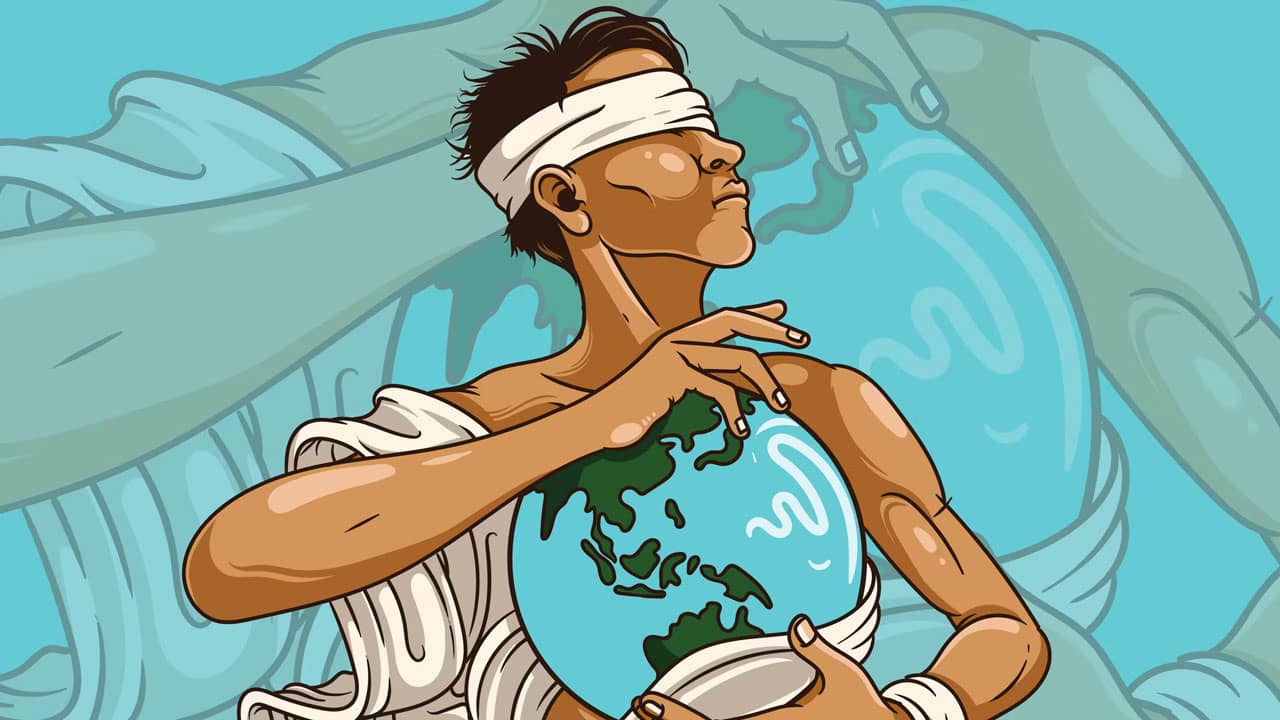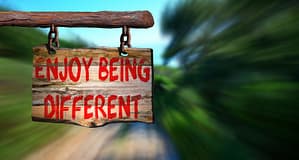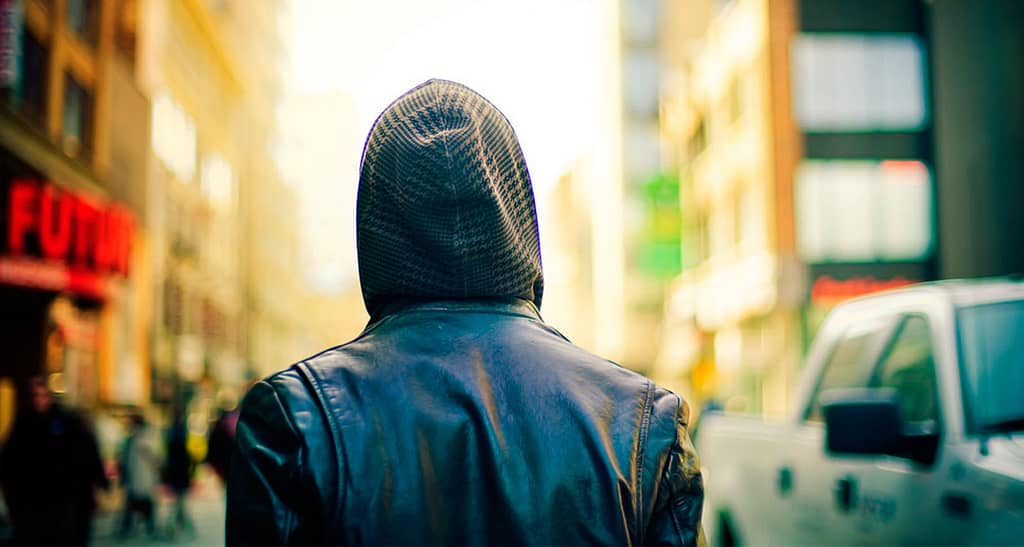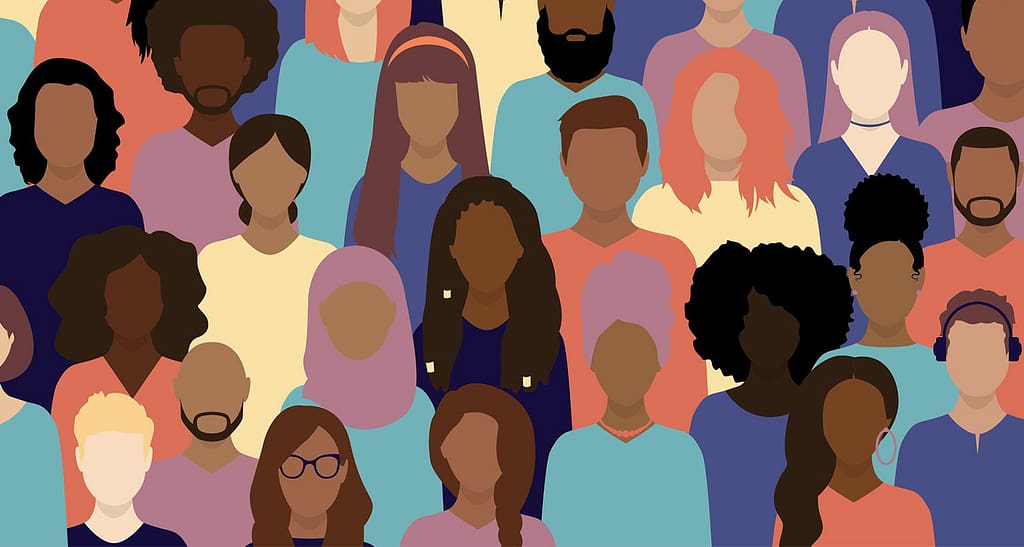- Jeremy Tremeer
- March 16, 2022
Facebook
Twitter
WhatsApp
Telegram
Email
Our Sacred Duty
In the run-up to the UN Climate Conference, COP26, around 40 prominent religious leaders around the world have just announced an initiative to encourage world leaders to act on climate change.

In the run-up to the UN Climate Conference, COP26, around 40 prominent religious leaders around the world have just announced an initiative to encourage world leaders to act on climate change. They are encouraging believers of all religions to act, and for faith and science to work together to reverse the effects of global warming and pollution.
One of the challenges I have noticed in and around Adventism is how we relate to this issue. We have traditionally stood apart from ecumenical movements and have regarded meetings, such as the recent one on COP26 held at the Vatican, with suspicion. We believe in the soon coming of Jesus, and perhaps this has led to a tendency to view any attempts to save ‘this world’ as futile and irrelevant. But does looking forward to a ‘world made new’ give us permission to ignore the current environmental issues? Should we not also have something positive to bring to the table on this matter, in addition to our ultimate hope of the Second Coming? I believe there is. Allow me to share a couple reasons.
Firstly, we have our belief in the Creation story as found in Genesis. The world we inhabit was lovingly crafted by God with design and purpose, and even in this middle of sin and suffering, there is still much to be thankful for. The Creator placed Adam and Eve in the Garden of Eden, “to work it and keep it1”, to look after all of Creation with care, as His representatives. We are called to reflect His character in the way we look after the natural world in all its forms. The words ‘work’ and ‘keep’ (in the Hebrew) are also used to describe the priestly duties in the Sanctuary.2 Our care for the environment is therefore a sacred duty, a part of our high calling. In the words of theologian Leonardo Boff,
‘We have been placed on earth to care for and keep this sacred inheritance that God has given us… we are the guardians, the caretakers, but to this point, we have not fulfilled that work. We need to return to our original vocation’.3
Another compelling reason, at least for me, is understanding our prophetic voice in the world. We have always been interested in the books of Daniel and Revelation, books that describe the history of the world in a series of beast-like powers that rule over us. Much of the driving force behind these powers is greed for wealth. Every empire throughout history has made huge economic gains, but this has come at a cost. Violence, slavery and poverty have all been a product of these empires.
Our environment is also paying the price for this greed. As part of our sacred calling, I believe we have a duty to speak out against this, and to take personal responsibility, wherever we can, to alleviate the damage our lifestyle has caused to the environment. There are many ways we can take part in this, such as through activism and also by changing the way we do things, even down to something as simple as using our own water bottle, rather than buying plastic ones that end up polluting the planet.
As we seek to care for the world God has given us, may we be a people with a voice and a people of action; for each time we care for our planet, we fulfil our sacred calling.
-
Genesis 2.15, English Standard Version
-
See Numbers 3.7-8 for one example. Only in the Garden of Eden and also concerning priestly duties are these two words used together in the Bible
-
Leonardo Boff, speaking at The Justice Conference’s Climate of Injustice event, 2021

How Should Christians be Different?
September 6, 2023

The Pastoral Caregiver – Bearer of Stories
September 6, 2023

What Takes to be Different?
September 6, 2023

The Beauty of Diversity Within the Body of Christ
September 6, 2023

The Butterfly, an Object Lesson of Transformation
September 6, 2023

Mitigating the Risks of Cultural Compromises
September 6, 2023

Embracing Christ-Centered Counterculture
September 6, 2023








